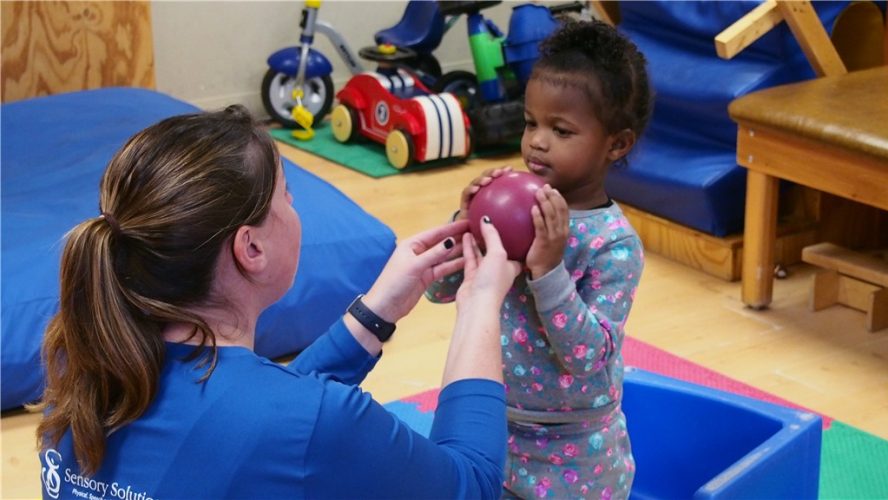Play is an inherent and natural activity for children, serving as a vehicle for exploration, creativity, and learning. Incorporating play into the home setting creates a nurturing and engaging environment where children feel motivated and encouraged to communicate. By utilizing a child’s natural desire for play, we can create meaningful interactions that facilitate language development.
Play-based speech therapy offers many benefits that contribute to the development of a child’s language skills, including:
1. Engagement and Motivation: Play-based activities capture a child’s attention and create an enjoyable learning experience, increasing their engagement and motivation to communicate.
2. Contextual Learning: Through play, children learn to associate words and phrases with specific objects or actions, reinforcing their comprehension and vocabulary development.
3. Turn-Taking and Social Skills: Play-based activities encourage turn-taking, promoting social interaction and communication with peers or therapists, and fostering important social skills.
4. Creativity and Imagination: Play allows children to express themselves creatively, encouraging them to experiment with different sounds, words, and gestures, facilitating language exploration.
5. Generalization of Skills: Play-based therapy helps children transfer newly acquired language skills from therapy sessions to real-life situations, promoting their ability to communicate effectively in various settings.

